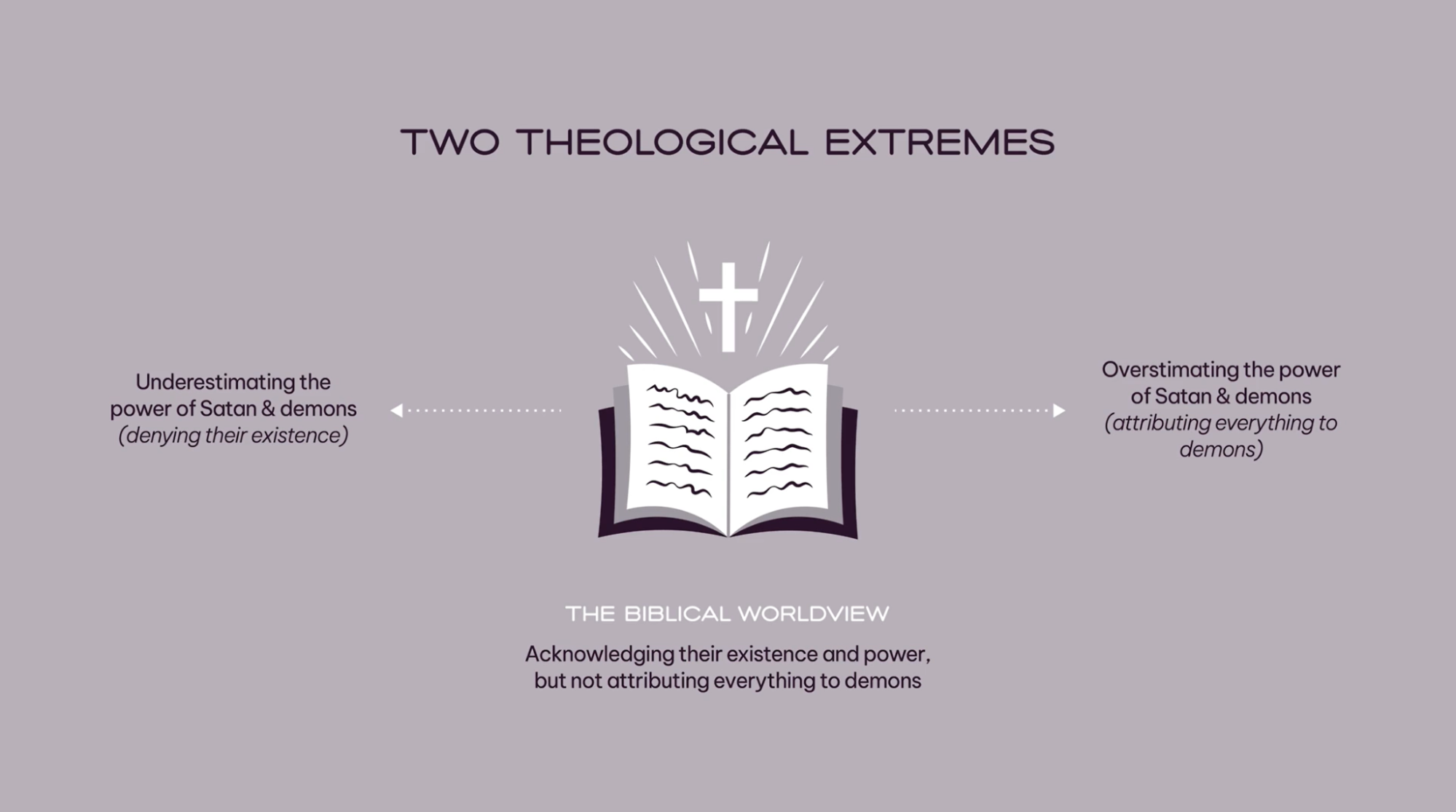
During the scientific revolution of the 1600s, Western society began to undergo a change in worldview. Prior to this revolution, people did not sharply distinguish between the spiritual realm and the events around them. Martin Luther himself (1483-1546), the one who sparked the birth of Protestantism in 1517, became a minister because he believed that a thunderstorm was a spiritual event.
After the scientific revolution, the intellectual world of the West increasingly distinguished between what was “natural” and what they called the “super-natural.” The natural world became the world of cause and effect. You could predict what was going to happen by following the chain of causes. You could use the scientific method to discover the “natural laws” that God had placed into the creation.
Satan is always content to hide in the shadows of a worldview if he can exploit that worldview to his own ends.
Chip Ingram
While this detachment of the spiritual from the natural brought great scientific discoveries and inventions, it also made it easy simply to “cut on the dotted line,” as it were, between the natural and the supernatural and to throw the supernatural away. Thus the 1700s were a time known as the “Enlightenment.” A thinker by the name of David Hume (1711-76) implied that, because a natural explanation was always more probable than a supernatural one, we should more or less exclude miracles from our interpretations of life. In his mind, no proposed miracle could meet the burden of proof.
Now, several centuries later, Charles Kraft has argued in many of his books that our rational minds tend to exclude the supernatural from our understanding of our everyday lives. We often see neither the hand of God nor the work of the enemy in our experiences. Chip Ingram has pointed out that the Devil hides in the shadows of our Western worldview.
1. The Canopy of Doubt
In the video, Brian Burke talks about three “canopies” that the Devil hides under. First, there is the fact that many in our world doubt that the Devil or the demonic even exist. In his novel, Screwtape Letters, C. S. Lewis has an elder demon tell his nephew that this unbelief in their very existence is a great tool to use against humans.
If it is impossible to fight the Devil in our own human power anyway, imagine how much more powerless we are when we don’t even believe we are under attack! Thankfully, God and the angels know what Satan is up to. They are fighting on our behalf even when we are oblivious. However, they would like each of us to join the battle too.
2. The Canopy of Invisibility
Many of us believe in Satan and demons on paper. We can pass the test because we know the right answers. But in our day-to-day lives, we don’t factor these agents of evil into our equation. We do not see them so we do not consider how they might be actively sowing spiritual friction into our experience.
The end result is similar to those who do not believe in the demonic at all. As far as we are concerned, Satan can wreak havoc in our world without our conscious minds thinking to pray for God’s help. In Paul’s writing on spiritual warfare in Ephesians 6, he lists two offensive weapons when talking about the full armor of God. One is “the sword of the Spirit, which is the word of God (Eph. 6:17b), and the other is prayer, as he concludes his thoughts by saying, “Pray in the Spirit at all times and on every occasion. Stay alert and be persistent in your prayers for all believers everywhere” (Ephesians 6:18, NLT). How much would Satan love to disarm us by causing us to not even use our powerful weapons in spiritual warfare?
3. The Canopy of Fear
Perhaps it is even worse if we avoid considering the work of the Devil in our world and lives because we are afraid of him. We don’t want to see the work of evil spiritual forces because that’s scary. We effectively pretend it doesn’t exist because we are afraid of its power.
Again, if we cannot name the evil at work, how will we avoid it? Mark 13:22 notes that even those who desire to follow God can be deceived by the enemy. Throughout history, large numbers of those professing to follow Christ have been deceived by the Devil, all the while thinking that they were fighting on God’s behalf. This is the work of the Devil.

The Two Extremes
Rev. Burke urges us to avoid two extremes. The one extreme is complete skepticism about spiritual warfare. We either explicitly or unthinkingly deny their existence. Lewis calls this extreme “skepticism.”
On the other end of the spectrum is overestimating the power of Satan and demons. We obsess over the demonic. This is perhaps even more dangerous. We give power to the Devil by our preoccupation with him.
The balance is to acknowledge the existence and power of the Devil without attributing everything to him. We factor in the possibility that we are being attacked. We are in constant prayer for the Lord’s help. But we also take personal responsibility and recognize that God has built natural laws into his creation too.